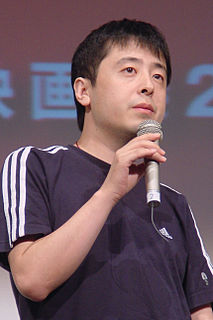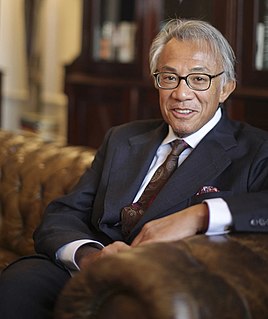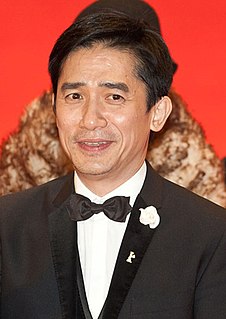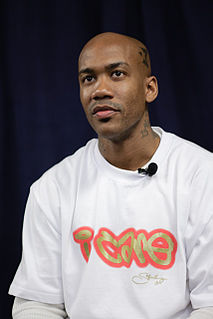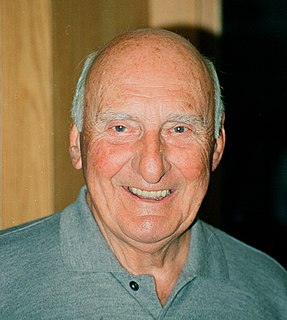A Quote by Jia Zhangke
There are a lot of colloquialisms in the Cantonese language that can never be represented aptly in Mandarin.
Related Quotes
My parents are European immigrants. And I think as Europeans there are so many languages in close proximity that it's part of the culture to try to learn at least one other language. So my parents really encourage it in the house. Chinese would be really great to learn - like Mandarin or Cantonese. Portuguese would be incredible.
The most difficult thing is that I don't speak Mandarin and I had this experience - of working in a language that I don't understand - before and it's really horrible. Eighteen years ago, I played a mute in one film because I couldn't speak Mandarin. There was another film where I had to speak Vietnamese. It's horrible!
You have hundreds of artists you're dealing with across the world and the scale of this movie [Kung Fu Panda] was insane - we had a parallel pipeline going on where you had two versions recording Mandarin voice actors, getting it to be funny for Mandarin audiences going beyond a straight translation, and then animating it and lighting it, it's a lot of work.
